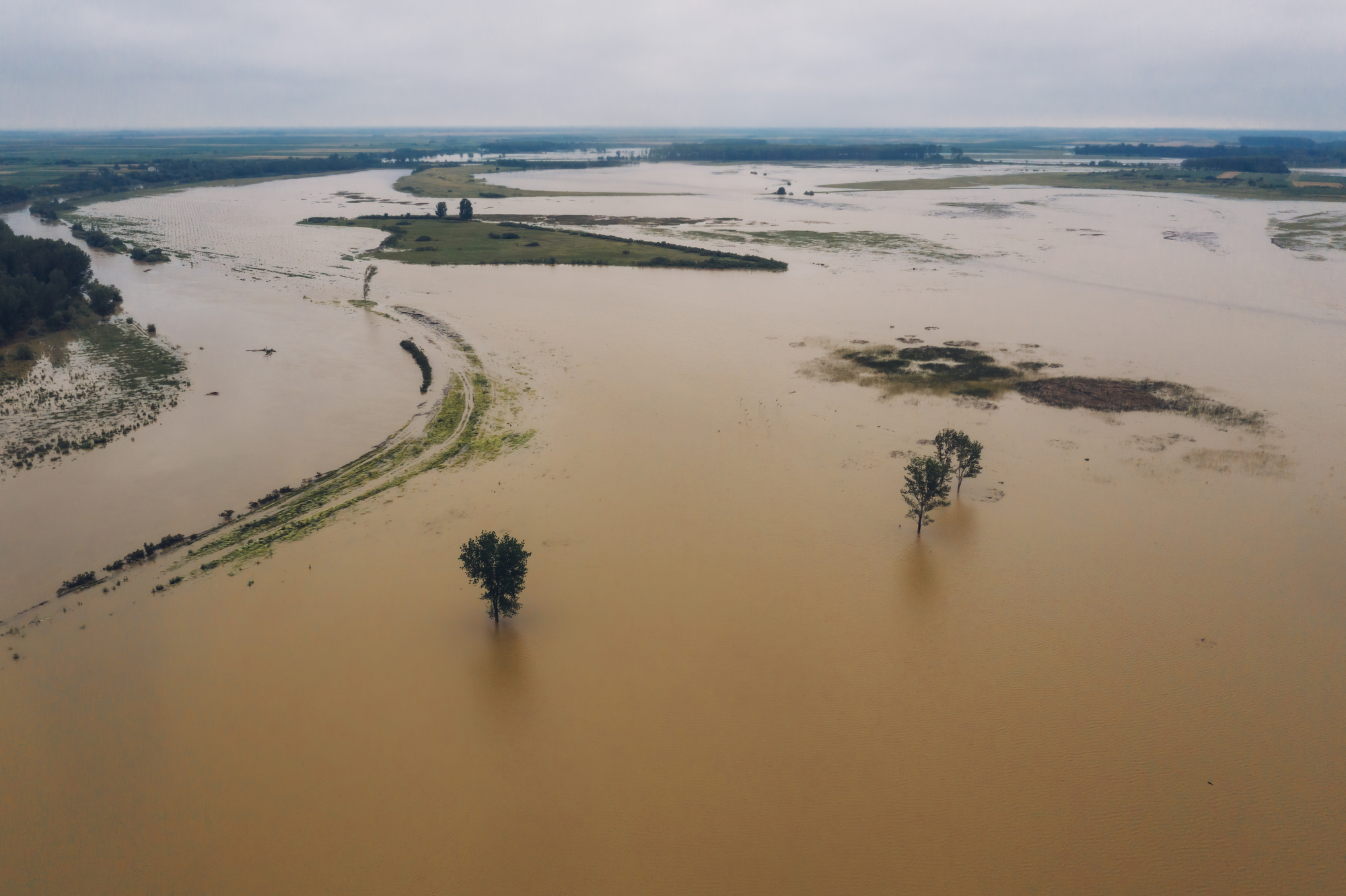Resistance to Antibiotics in Meat Production
As the human population increases exponentially, a new pressure has fallen on traditional sources of food. Growing demand in the United States and the rest of the world has brought the issue of meat production into new prominence–especially as antibiotic use among livestock and poultry reaches an all time high. While antibiotics keep herds healthy–and thereby fiscally beneficial–they come with risk: the possibility of antibiotic resistance.
Some argue that antibiotic use can be dangerous to humans because of the ability of some strains of animal bacteria to become resistant to the antibiotics we currently use to treat human infections. In a recent CNN article by Ben Tinker, these issues are discussed in depth and the potential health risks are brought to the surface. One of the tenets of his argument is that the majority of animals used for the meat in the fast food industry and many larger restaurant chains are raised on considerable amounts of antibiotics. This means that anyone who consumes meat from a large majority of food chains around the world is also consuming the same antibiotics used while the animals were being raised. The danger discussed is the resistance of certain bacteria to these antibiotics and the potential for humans to be infected with bacteria that may be resistant and therefore immune to antibiotics.
Farmers and other members of the FDA and CDC, on the other hand, argue that the antibiotics used in livestock production are essential for keeping both the animals and humans who consume the meat safe and healthy. They argue that without antibiotics, there is no way to protect the animals or human consumers from the different bacteria present within the animals’ food and therefore in the meat consumed by humans. Because of the mass amount of livestock and poultry needed to sustain human demand, there is no way for farmers to pay unique attention to each of their animals. By using antibiotics within the food consumed by livestock and poultry, farmers can eliminate as much harmful bacteria and illnesses in their populations as possible.
As a vegetarian, I made the choice seven years ago to try to help the environment and protect animals from the harm done to them during the meat production process. The conflict regarding the use of antibiotics within the production of livestock and poultry presents another side to this issue and raises some important questions. Should farmers be able to use antibiotics in the raising process? Is the potential for bacteria to become resistant to antibiotics enough of a threat for humans to be concerned about the meat they consume? How should we proceed into the future and what changes, if any, should be implemented?





